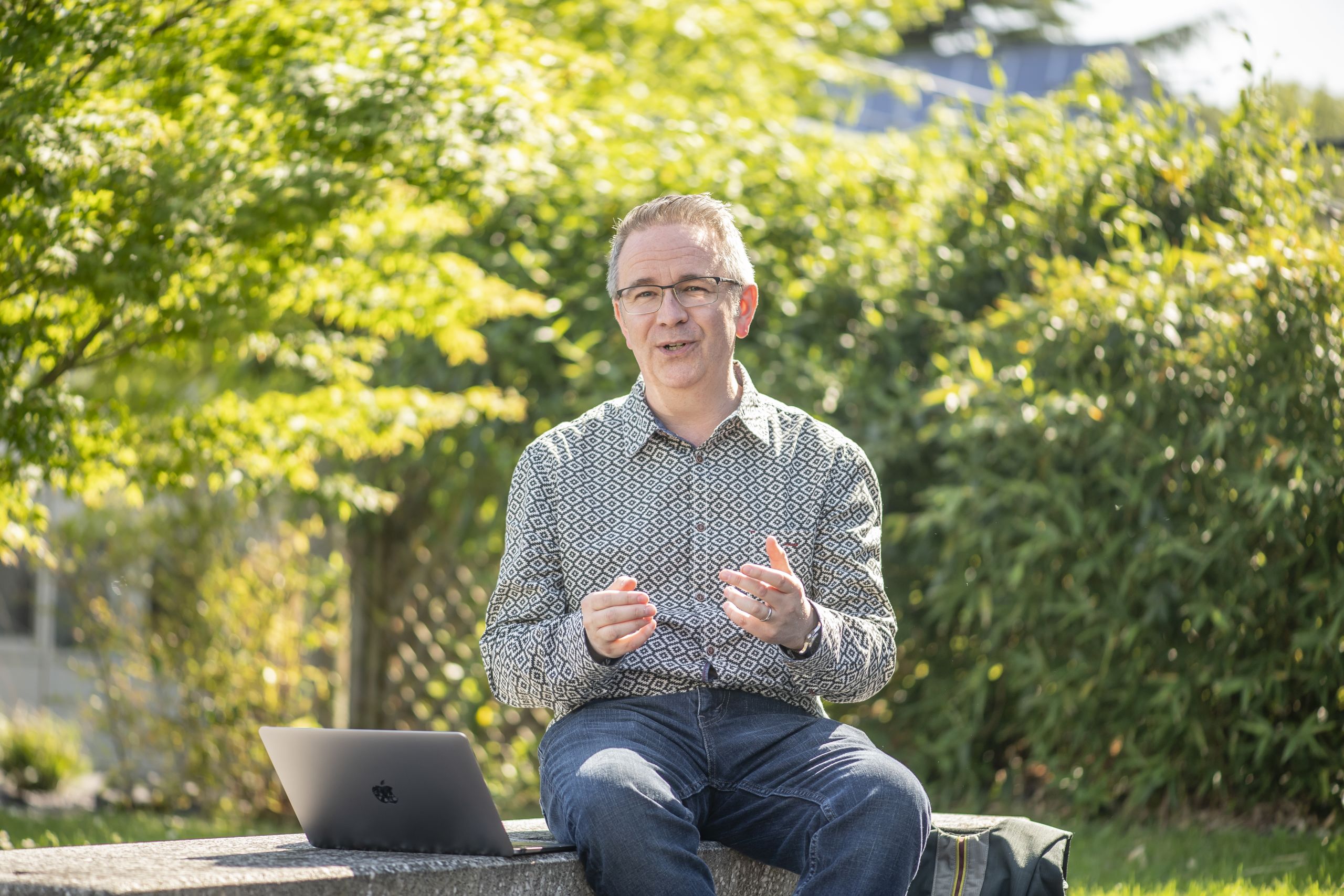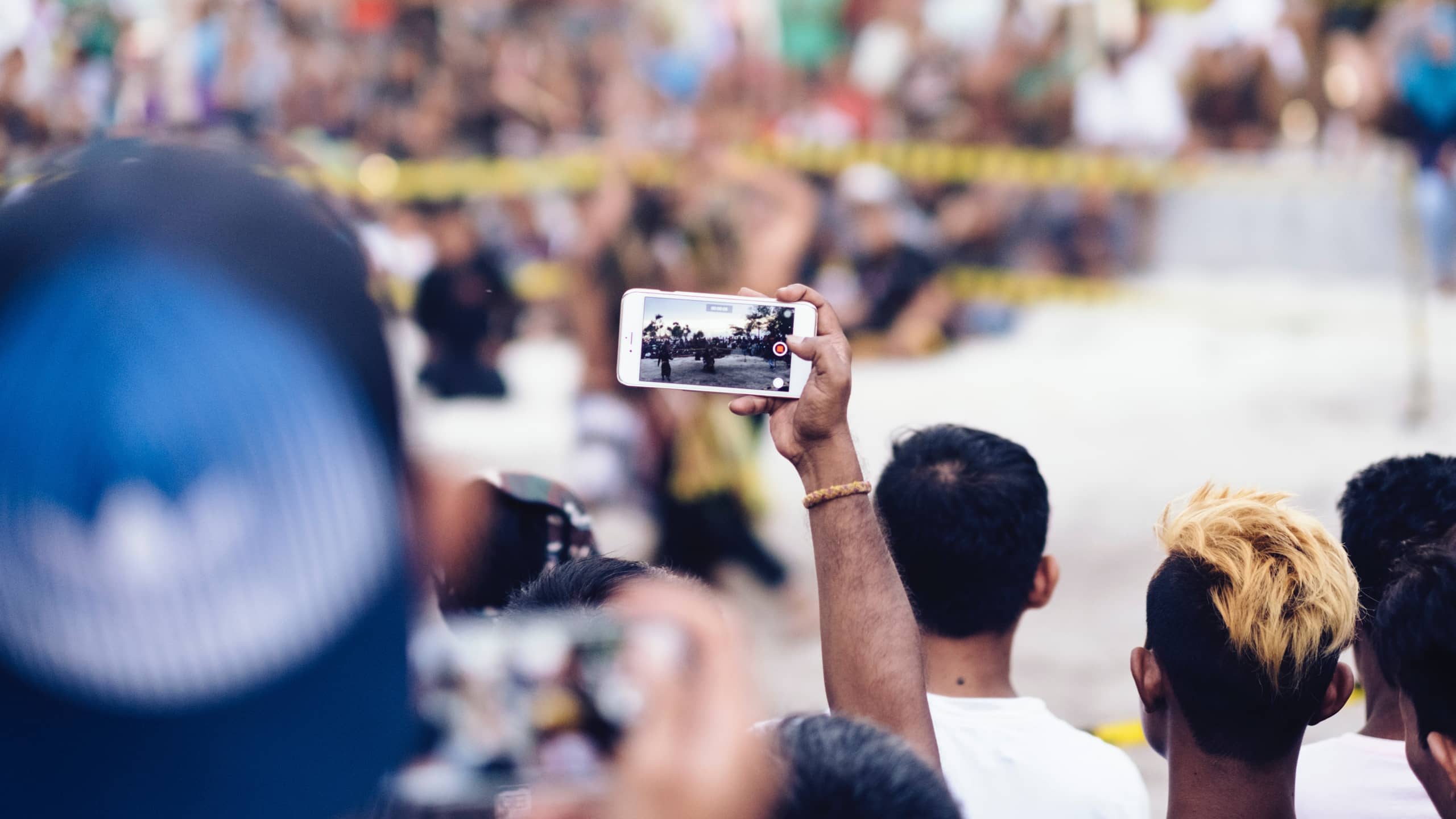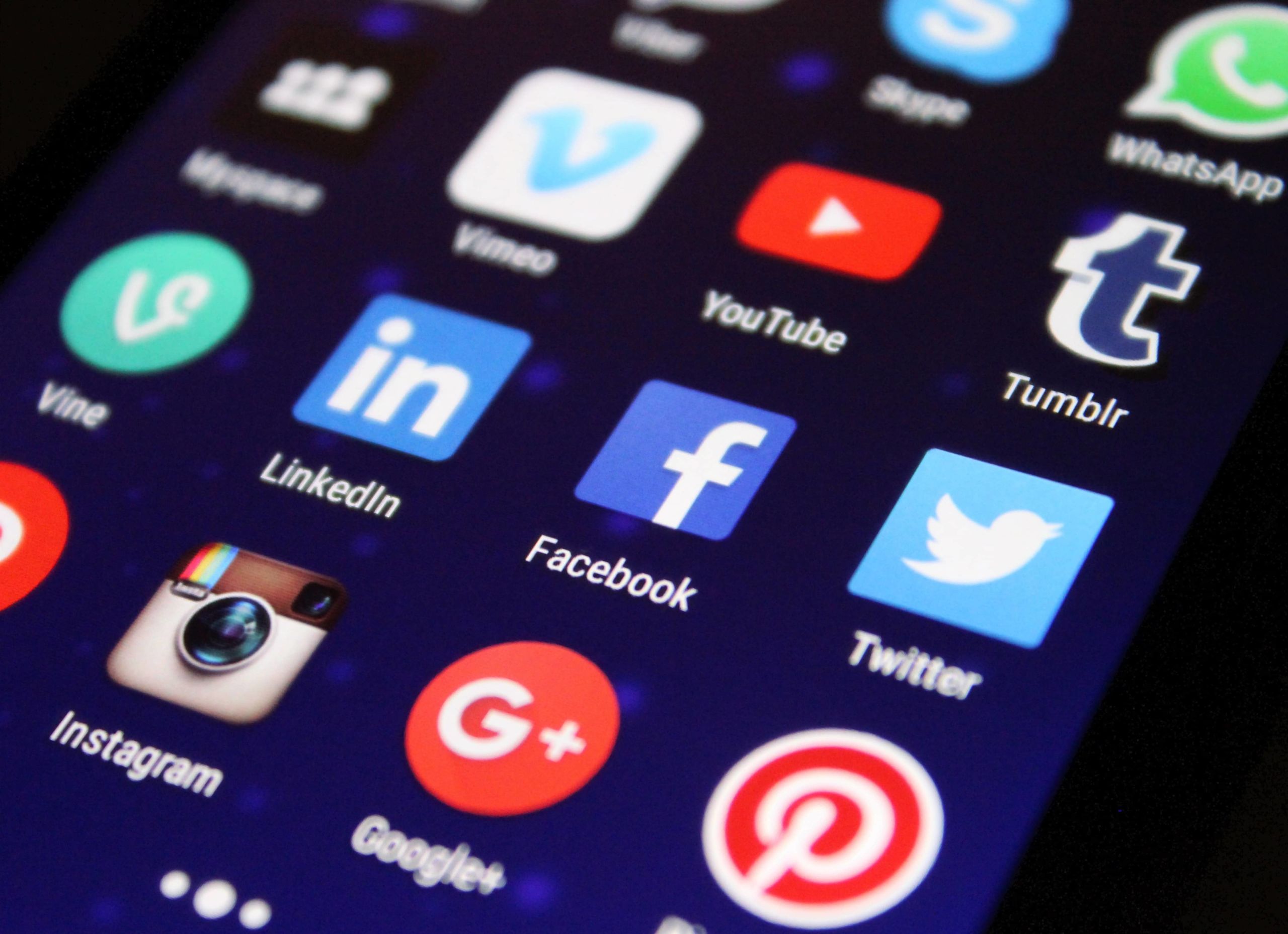Inside ‘the bubble’
How is social media shaping our opinions?

20 June 2018
The digital age has produced some of the most remarkable developments in modern history. The Arab Spring, Occupy, Brexit, the #MeToo movement, the election of Donald Trump as president of the United States, the growth of online misinformation and automated propaganda, fierce debates over online ‘filter bubbles’ and ‘fake news’. The resurgence of the populist right and a new populist left, the growth of online hate speech, mass micro-targeting of political messages via social media advertising (think Cambridge Analytica), and concerns about the growing power of social media platforms, algorithms, and big data over the lives of citizens.
These developments have sent shockwaves around the world.
Amid the chaos there is now an urgent debate about whether the mass use of social media is leading to new types of citizens and new types of politics. Is the routine use of social media reshaping democracy?
A crucial part of the debate is whether the features of social media that enable citizens to express themselves, exchange opinions, coordinate with others, and rapidly circulate and recirculate messages also encourage the diffusion of false information, incivility, and hatred.
A new wave of research
Established in 2018 with a £300,000 award from Loughborough University’s Adventure Research Programme, our Online Civic Culture Centre for Doctoral Training (CDT) will apply cutting-edge concepts and methods from social science and information science to understand these key issues.

Andrew Chadwick,
Professor of Political Communication and Director, Loughborough University
Andrew Chadwick,
Professor of Political Communication and Director, Loughborough University
It features a team of ten academic supervisors drawn from the disciplines of communication, information science, social psychology, and sociology. The CDT will enable interdisciplinary teams of researchers and PhD students to work together on issues of misinformation, disinformation, and the rise of hate speech and incivility online. It develops evidence-based knowledge to mitigate the democratically-dysfunctional aspects of social media. At the same time, it identifies and promotes the positive civic engagement benefits of social media. Our PhD students and supervisory teams will create research and findings that will impact public debate and policy.
The term online civic culture is important because it refers to the social norms people use when they interact online. Are people civil, tolerant, not using personalised insults or remarks that discriminate against others based on their race, sexuality, or nationality? Do people tend to use misinformation and unsubstantiated rumours of the kind that undermine rational political debate? How can we encourage people to uphold positive civic values when they go online?
I have been researching the relationships between digital media and politics for almost 20 years. Much has changed in this period. Driving the creation of the Online Civic Culture Centre is the urgent need for a new wave of research in this field.
How digital is changing democracy
The first wave of research on digital media in the 1990s was dominated by a great sense of democratic optimism about how the internet would destabilise existing political institutions, diffuse power, and increase political engagement.
The second wave, at the turn of the century, was a largely pessimistic backlash and a critique of the hype of the 1990s. It began to seem obvious that many political institutions would insulate themselves from digital media’s tendency to decentralise power.
The third wave developed from the mid-2000s, when web 2.0, new social network forms, and the rise of social media platforms breathed new life into the democratic optimism that had characterised the first wave of the 1990s.
The questions facing us today are very different, though no less urgent. Democratic optimism remains in place but it is increasingly brittle. Eroding it are more cautious, qualified, and critical perspectives that highlight what were often latent themes when social media platforms were on the rise.
Concerns include the appropriation and integration of social media by so-called ‘mainstream’ media and the complex interdependence between older and newer media power structures; the role of automation, predictive analytics, algorithms, and surveillance; and, above all, the effects of Facebook’s growth to become a two billion-user mega-platform through which many people have their most frequent interactions with news and political information.
We now must pay greater attention than before to the social, cultural, and technological processes that shape how public opinion is constructed. We need to investigate the cultural and cognitive orientations that grant individuals and groups the capacity to intervene in the flow of politically-useful information.
There is a profound need for evidence, analysis, and creative ways of improving the health of our online civic culture. Our research will shape the next generation of scholarship and public knowledge in a crucial area—one that affects us all.


For more information visit our Online Civic Culture Centre >

